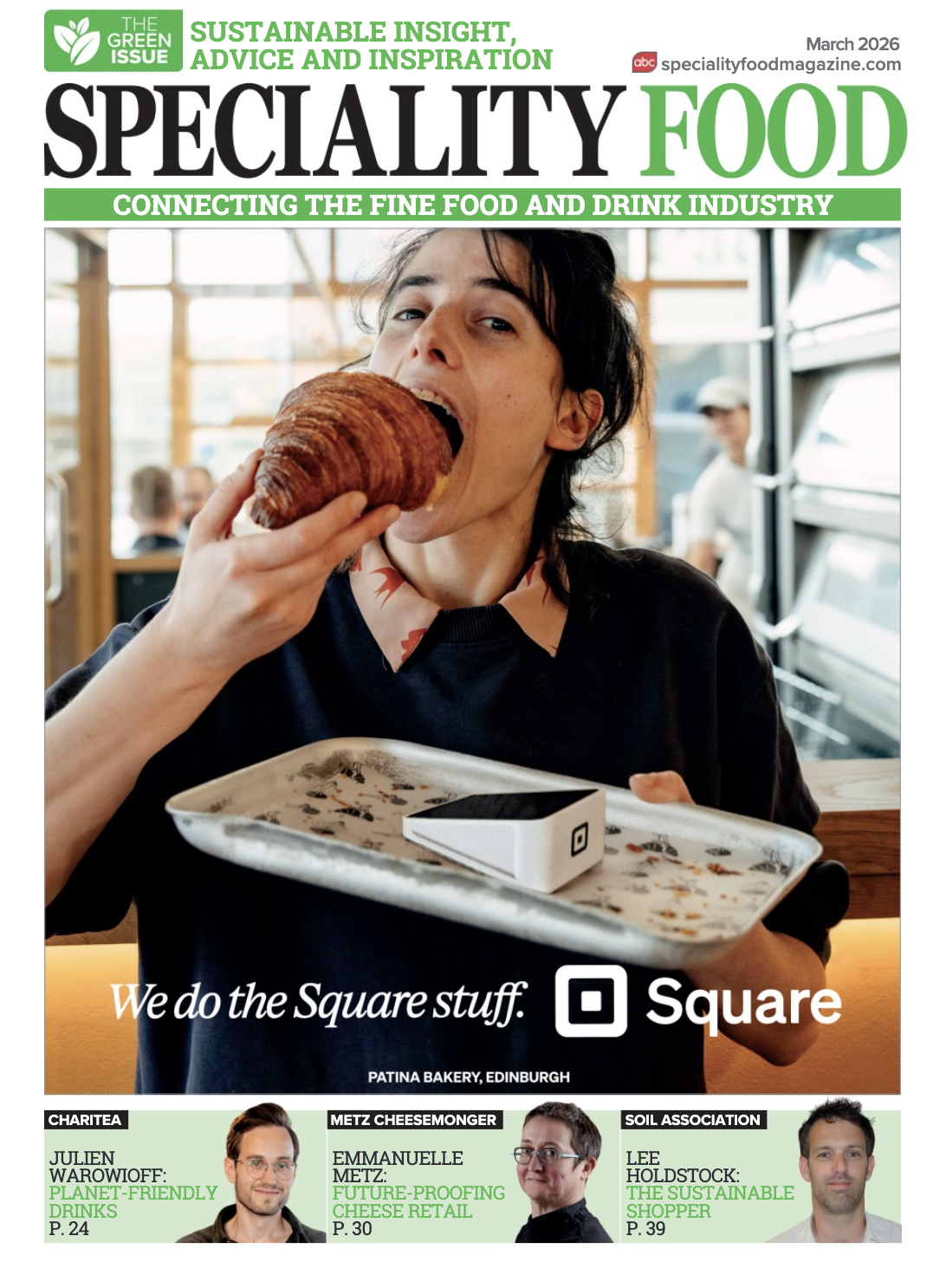Do Large Urban Food Halls Have A Future?

- Becoming a B Corp
- Top trend predictions for Christmas 2021
- Self-sacrifice: The importance of building a leadership legacy centred on others
- Undercover Boss
- Can/should bosses really be close friends with their staff?
Another flagship food hall has gone into liquidation this week – Farmer’s City Market in Richmond.
Another flagship food hall has gone into liquidation this week – Farmer’s City Market in Richmond. This is concerning for the industry as I know there are other embryonic plans in the industry based on its perceived success. This latest set-back follows the failure of Food Inc in Bayswater at the beginning of the year and the well-documented struggles of Wholefoods Market in Kensington who continue to announce large losses.
In British Food Fortnight, what is the future for urban food halls concentrating on selling British produce to the British public? I am particularly keen to find out the answer to this question as I have lost £15,000 in bad debts to the two outlets named above in this calendar year. I am wondering whether we should continue to offer credit accounts to these potentially large customers. This week I would really value some thoughts on why places like this aren’t prospering as the rest of the industry seems to be. I was at a well-known farm shop in the North of England yesterday, who is reporting year on year growth of around 15%. Our turnover as a wholesaler is projected to be around the same for this financial year – and this is largely due to farm shops buying more from us. Regular readers of this blog will know that we celebrated our 10th anniversary earlier this year by inviting our top 50 customers. The vast majority were farm shops, not urban food halls.
So, why are farm shops prospering and urban food halls struggling? I would love to see more of these places open and stay open as they are more likely to be positioned geographically near supermarkets and take business off them. I suggest the following possible reasons as things to be aware of if you go down this route:
• Crippling rent – generally farm shops would have low or no rent as they are on owned premises, whereas premises in towns and cities can command enormous prices. Now is a good time to negotiate these downwards.
• Enormous business rates – again these are generally a lot lower for farm shops.
• Stocking the right products for the catchment area. Wholefoods have recently admitted that they have far too much fresh produce in their store when half the people that go through the doors are tourists staying in hotels who are unlikely to buy this.
• Car parking – farm shops have lots, whereas you might not be able to park anywhere near a food hall in a high street. (A free home delivery service would be almost essential otherwise customers’ baskets would not be big enough.)
As I said at the beginning, I dearly hope there is a future for these urban food halls. If nothing else we will lose less money through bad debts. But I reckon, from the above points, they would need to turnover double or even treble a good farm shop to survive.
I look forward to further comments to this debate.
more from Speciality Bites
-
Generosity
05 July 2021 Speciality BitesGenerosity from leaders makes business better in all aspects, yet few businesses have discovered the benefits that accompany being generous of spirit. -
We are now retailers too!
21 June 2021 Speciality BitesSo, the week has arrived at last when I become a retailer as well as a wholesaler. What a journey it has been. -
We need leaders, not managers
07 June 2021 Speciality BitesI’ve mentioned before that not many people can give me the name of someone when asked at interview who has inspired them most from their previous work life. This is because most people have only experienced management not leadership.

